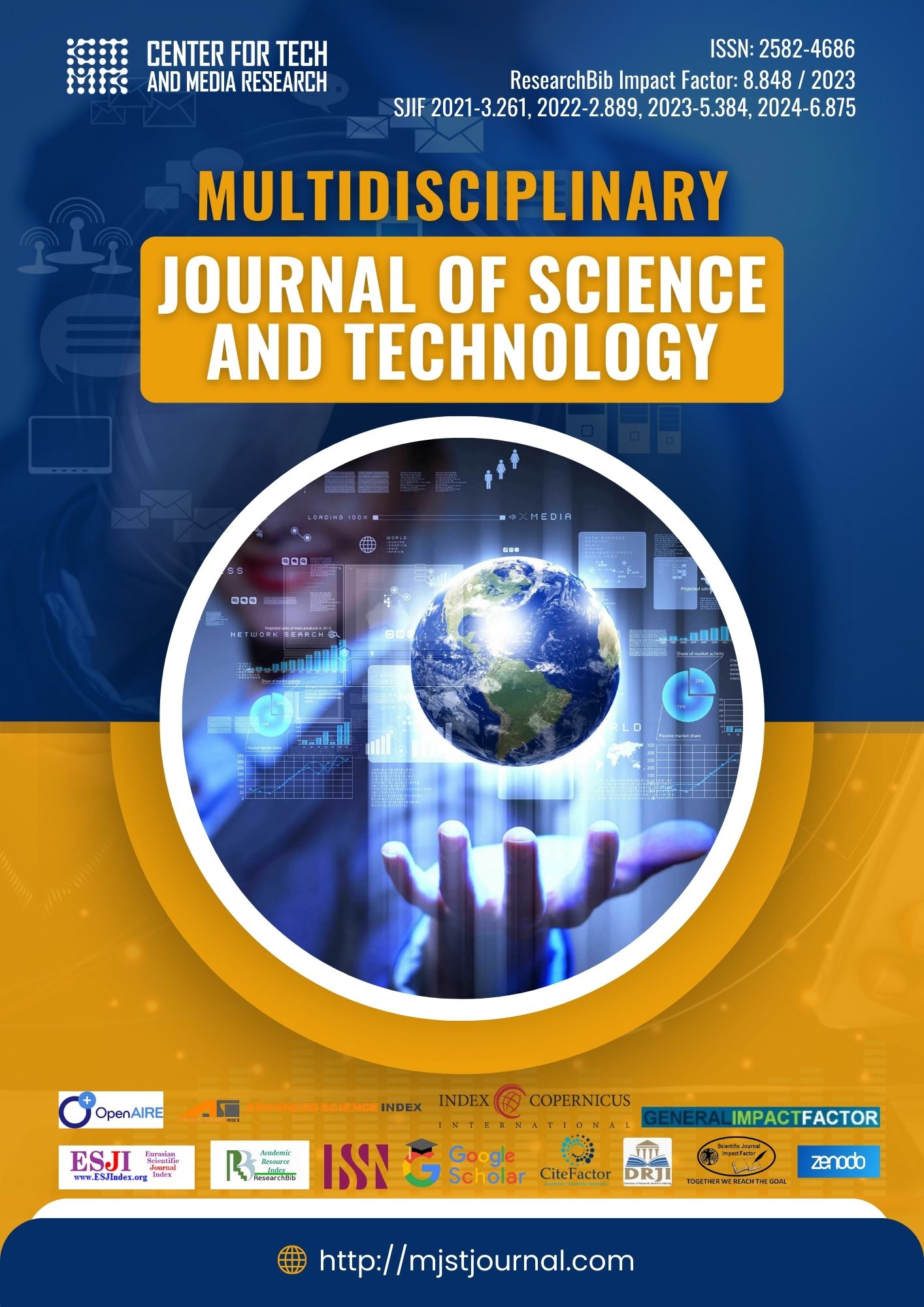PECULIARITIES OF INFORMAL LANGUAGE UNITS IN ENGLISH
Zamira Hakimova
Doctoral student of Uzbekistan State university of World languages
##semicolon## Informal language##common.commaListSeparator## colloquialisms##common.commaListSeparator## slang
सार
This article explores the peculiarities of informal language in English, a dynamic and evolving aspect of communication that reflects social identities, cultural contexts, and technological advancements. Informal language encompasses slang, colloquialisms, and casual expressions that differ significantly from formal language in structure, usage, and context. The article examines the characteristics of informal English, its role in social interactions, and its impact on language development.
##submission.citations##
1. Crystal, D. (2001). *Language and the Internet*. Cambridge University Press.
2. Holmes, J. (2013). *An Introduction to Sociolinguistics*. Routledge.
3. McWhorter, J. (2013). *Words on the Move: Why English Won't - and Can't - Sit Still (Like, Literally)*. Penguin Press.
4. Tagliamonte, S. A., Roberts, C. (2005). *So Sick or So Cool? A Diary Study of Youth Slang*. Journal of English Linguistics, 33(4), 309-329.

















